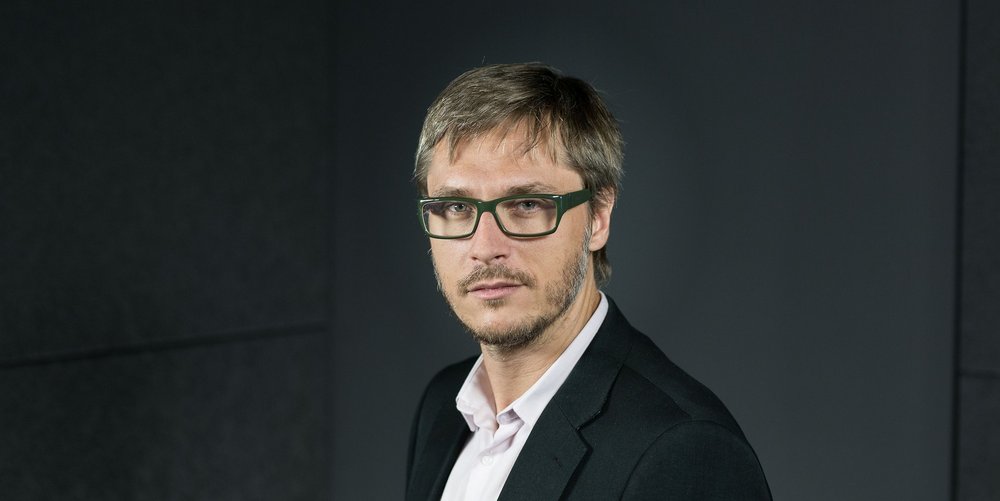The article was published in “Europa dla Aktywnych” quarterly, issue 4/2020. More at: www.europadlaaktywnych.pl
Green exchange
Carbon footprint is – in its simplest definition – the amount of fossil fuel that we use to accomplish our everyday activities. It’s easiest to examine it in transport and tourism, as every trip is directly associated with the use of the fuel. Means of transport differ in terms of the amount of fuel they use. Vehicles without engines (e.g. bicycles) do not use fuel at all. Whereas, when it comes to public transport – travelling by rail is the least invasive. The largest amount of carbon dioxide is emitted to the atmosphere by air transport.
Dean Mariusz Sokołowicz outlines the main goal of the EGG project. It is to reduce the carbon footprint that every person participating in ERASMUS+ programme leaves behind. The choice of “Erasmus destination” should also include means of transport that take you there. It is, therefore, planned to develop digital tools and guides that will allow students and employees to plan their trip destination as responsibly as possible. Institutions involved in the EGG recommend using rail transport, which is much less environmentally intrusive than air transport.
Change our way of thinking
The project is realized by a consortium of five international universities. They are: Université de Versailles Saint-Quentin-en-Yvelines (France), Aristotle University of Thessaloniki (Greece), Lapland UAS From Finnish Lapland (Rovaniemi) (Finland), Erasmus University Rotterdam (the Netherlands) and University of Lodz (Poland). Also Erasmus Student Network as well as European University Foundation have their part in the initiative. The objective? Elaboration of reports and a guide for students, employees and institutions that participate in the international exchange programmes.
As the researcher from Lodz points out, the most important idea of all trips realized as part of ERASMUS+ is to change the way we think. It is not only about getting to know other cultures, but also about making more conscious, pro-ecological decisions.
University of Lodz is one of the biggest universities in Poland. Its mission is to educate top-class scientists and specialists in numerous fields of humanities, social sciences, natural and exact sciences as well as health sciences. UniLodz cooperates with business, both at the staff level by providing qualified employees as well as at the scientific level, by offering its know-how to enterprises from various areas of economy. University of Lodz is an academic institution open to the world – the number of its international students is constantly growing, while its Polish students, thanks to Exchange programmes, get to know Europe, Asia and travel overseas. The University is a part of Lodz, it operates for and with the community of Lodz by getting involved in many socio-cultural projects.
Source text: “Europa dla Aktywnych. Kwartalnik Beneficjentów Programów Edukacyjnych” 2020/4 [Europe for the Active Ones. A quarterly of Beneficiaries of Educational Programmes]
Edit: Promotion Centre, UL

